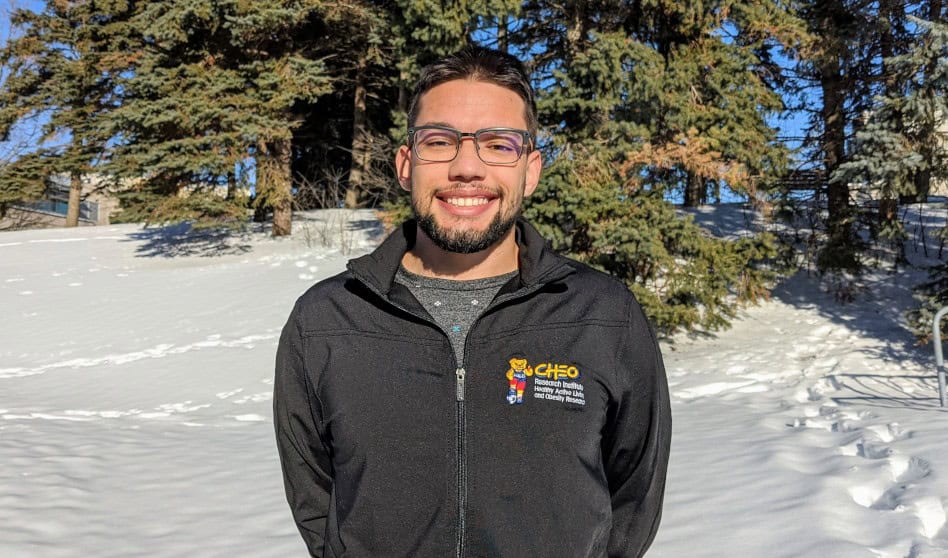Congratulations to HALO PhD Candidate Bruno da Costa on the publication of his paper titled “Association between Lifestyle Behaviors and Health-Related Quality of Life in a Sample of Brazilian Adolescents” in the International Journal of Environmental Research and Public Health. The findings suggest that promoting sports and adequate sleep, and preventing excessive workloads and the use of drugs may help improve health-related quality of life among adolescents. Citation details and a summary of the paper are below.
Bravo, Bruno and team!
da Costa, B.G.G.; Chaput, J.-P.; Lopes, M.V.V.; da Costa, R.M.; Malheiros, L.E.A.; Silva, K.S. Association between Lifestyle Behaviors and Health-Related Quality of Life in a Sample of Brazilian Adolescents. Int. J. Environ. Res. Public Health 2020, 17, 7133.
Abstract
This study aimed to analyze the association between lifestyle behaviors and health-related quality of life (HRQoL) among Brazilian adolescents. We evaluated 739 adolescents (51.0% girls; mean age, 16.4 ± 1.0 years) from the mesoregion Grande Florianópolis, Brazil. Participants were asked to complete an online questionnaire and sex, age, mother’s education, health-related quality of life, physical activity, screen time indicators, sleep duration, diet, cigarette smoking, alcohol drinking, and drug experimentation were retrieved. Health-related quality of life was assessed using the Kidscreen-10 instrument. Measures of body mass and height were taken by trained researchers. Mixed-effects linear regression models were used. Self-reported health-related quality of life was higher in males (β = 3.68, 95%CI: 2.75; 4.61) compared to females, and no association was observed for age and mother’s education level. Practicing sports (β = 1.19, 95%CI: 0.29; 2.08) was associated with better HRQoL, while processed food score (β = −0.45, 95%CI: −0.78; −0.13), working using screen devices for more than 4 h/day (β = −2.38, 95%CI: −4.52; −0.25), having experimented illicit drugs (β = −2.05, 95%CI: −3.20; −0.90), and sleeping less than 8 h/night (β = −1.35, 95%CI: −2.27; −0.43) were unfavorably associated with HRQoL. Non-sport physical activities, unprocessed food, studying, watching videos, playing videogames, using social media, alcohol drinking, and smoking were not associated with health-related quality of life. These findings suggest that promoting sports and adequate sleep, and preventing excessive workloads and the use of drugs and among adolescents may be effective strategies to improve HRQoL.
Click here to read the full article (open access).



